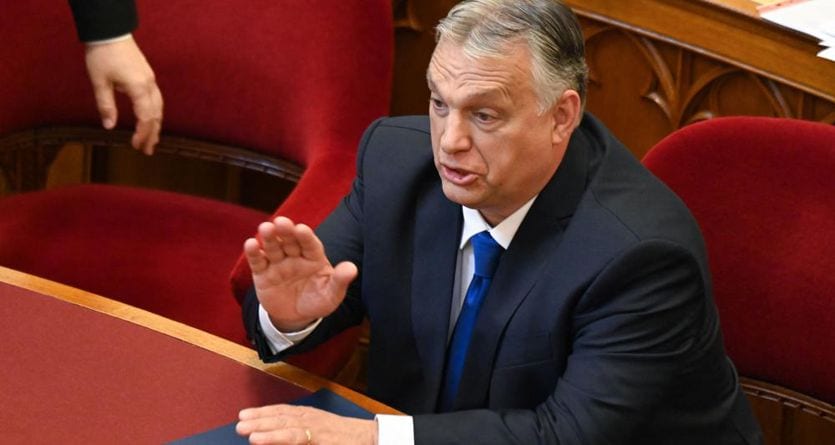With the war in Ukraine, Viktor Orbán found himself even more alone in the EU: one of the few leaders to oppose sanctions against Russia, the only one to avoid any explicit condemnation of Vladimir Putin. His frailty has turned into an instrument of pressure. In view of the European Council on 30 and 31 May, Budapest is holding the green light of the 27 hostage to the “gradual” embargo on Russian oil imports, the heart of the latest sanction package proposed by Ursula von der Leyen’s Commission. The Hungarian government is the only one to have vetoed the measure, forcing the delegations to a rush of meetings and negotiations before the summit on Monday.
Hungary could “settle for” an agreement that facilitates or completely relieves the embargo, but some European sources speak of requests that go beyond the energy issue. The president of the Eurasia think tank, Mujtaba Rahman, revealed that an initial “wish list” from Orbán would include the release of funds to Hungary and the halt to the infringement procedures against Budapest, as well as new lines of financial support to meet the costs of the freight from Moscow.
The package is ambitious, but Orban’s bargaining power is reinvigorated by his own entrenchment. Hungary’s veto is hindering the implementation of retaliatory measures against Moscow, delaying a blockade of energy imports which should in any case be diluted in the second half of the year.
The “magnificent isolation” of Budapest
The Ukrainian conflict has cracked the front of the so-called Visegrad group, the axis of Eastern European countries represented by Hungary, Poland, Slovakia and the Czech Republic. – partially – brought closer to Brussels thanks to its line of hostility to Moscow, spending itself in favor of Ukraine and supporting the various retaliation packages approved by the EU. Hungary has remained stable in its no to sanctions on the Russian economy, a demarcation also attributed to its degree of dependence on energy imports from Moscow.

The EU owes Moscow about a quarter of its oil imports and more than 40% of its gas imports, two shares that well explain all the hesitations of EU leaders regarding too abrupt tears with Russian supplies. The embargo on black gold will be progressive and should be completed within the year, with lots of exceptions for the economies more anchored to Russian oil (read below). Gas has been a taboo that has remained intact since the beginning of the crisis and a rapid break does not seem likely.
